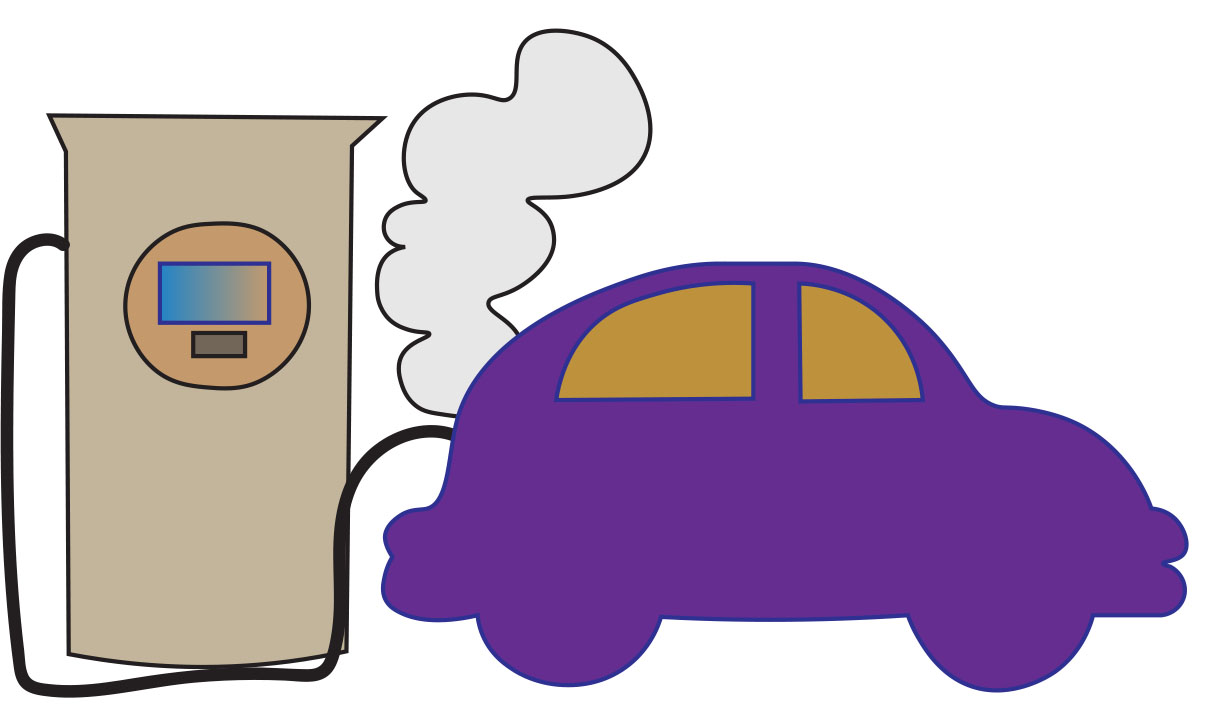
By Justin Madison and Lorelei Poch
“I feel like I’ve been conditioned where if I don’t get a good parking spot right outside it is a pain in the butt, but honestly it’s a nice walk,” said Maddy Gemme ‘21. “Sure it’s annoying you’re not right outside your building but it could be a lot worse.” She struggles to find spots close to Residence Hall 4, where she lives, but recognized a silver lining. Gemme uses her car three to five times a week for grocery and other shopping, getting to Sloane and work, but admitted when her car is further away she is less likely to drive. That disincentive might have a beneficial consequence if it helps the environment.
Some 881 students own a car on campus, according to Services and Engagement Coordinator/Dispatch Supervisor Stacy Bessette. Although Antoni Fensterer ‘21, said his academics were not affected, he feels frustrated when he cannot find a spot located close to his room. “I typically only use my car on average two or three times a week, but I don’t use my car as often as I normally would due to parking difficulties” he said.
That’s not necessarily a bad thing. “Any time a gas-powered car is running it is emitting some air pollution,” said Doug Facey, biology professor and Chair of the Sustainability Committee. “Part of that is carbon dioxide, which contributes to climate change, and other components of auto exhaust that are bad for human health and the environment as well,” Facey said. Multiply the emissions from Fensterer’s vehicle by 881 and that amounts to staggering amounts of harmful exhaust concentrated to our campus.
“I think it’s lucky to get a spot right outside our building, but I mostly park at the 2’s. When I come back from photoclub or work around 9 I have had to park near Hodson or Dion even,” Gemme reported. “But I check myself and I realized we live on a very small campus and have to walk three extra minutes, it’s not a hike,” she added. “Knowing that there is a no-idling rule in Burlington, I think about that often. Also I hate paying for gas so I don’t keep my car on for long if I don’t have to.”
Parking passes range from free to $50 to $100 depending on where students would like to park and with prices so affordable students might be unintentionally using their vehicles less, thus producing less emissions into the atmosphere.
“Only use a car when necessary,” Facey said as he outlined potential solutions to modify the amounts of exhaust released on our campus. When traveling around on campus, walk or bike to omit emissions and get some exercise, he said. “It is not good for the car to sit unused for long periods of time, or leave the car engine running while the car is parked.

